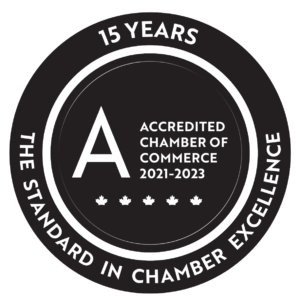Author: Katherine Trigiani, Lawyer, Pallett Valo LLP
If you are planning on selling your business, there are several items you will want to consider to maximize your financial gain and preserve your negotiating position. The following is not an exhaustive list, but highlights key items you will want to consider as you prepare for a sale.
- Ensure the corporate records are in order. One of the first things a buyer will do is request the corporation’s minute book. You will want your lawyer to review and update the records, if required.
- Debts and security. You will likely need to arrange for debts to be paid off and security registered against the business to be discharged. You will also want to consider any liabilities facing the business, such as ongoing lawsuits.
- Prepare for due diligence requests. The buyer will want to review copies of material agreements such as key customer and supplier agreements, shareholder agreements, and employment agreements.
- Engage Advisors. Engaging experienced advisors is crucial. A corporate lawyer will review and negotiate the letter of intent, sale agreement, and ancillary documentation. Your lawyer will also advise you on matters such as representations and warranties in the agreement, and your obligations to the buyer and business post-closing. It is recommended that you engage an accountant to advise on valuation, tax and purchase price adjustments. For larger transactions, you may want to consider engaging an M&A advisor.
- Identify consents to be obtained. It is common for licenses, leases, and agreements with lenders, customers and suppliers to require their consent to the assignment of the agreement or a change of control of the business. Closing can be held up, or representations breached, if you do not comply with these provisions.
- Preserve your wealth. Your tax advisors may recommend a pre-closing reorganization of the business to minimize the tax consequences of the sale. Implementing such reorganizations can result in substantial savings, but typically requires careful planning and drafting a significant number of documents.
- Consider your role and compensation post-closing. Many transactions are structured to keep the seller involved post-closing to facilitate the transition of the business. The agreement may include an “earnout”, providing for additional compensation to the seller if the business achieves certain financial targets.
If you are looking for guidance on the sale of your business, contact a member of the Business Law group at Pallett Valo.





